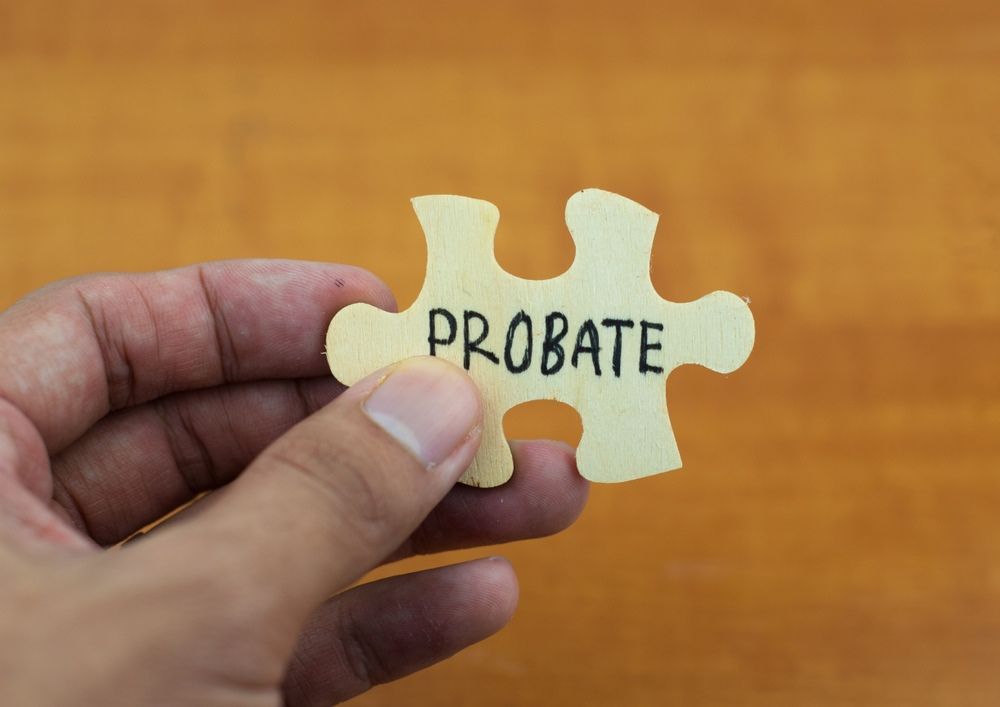Estate Lawyers in Taree
Asset Distribution
Servicing Taree & Surrounds
Legal Guidance
Established in 1911
Estate Lawyer Services
Paton Hooke Lawyers provides estate lawyer services in Taree, Wingham, Old Bar, Forster-Tuncurry, Harrington, Nabiac and beyond.
Managing an estate can involve legal responsibilities including obtaining probate, settling debts and distributing assets to beneficiaries. Our team assists executors, administrators and beneficiaries with legal processes to help ensure estates are handled correctly.
A grant of probate confirms an executor’s authority to manage an estate in accordance with the will. If no valid will exists, letters of administration may be required to appoint an administrator. There is no statutory requirement that a grant of probate be obtained in every case.
Asset holders (such as banks, insurance companies or superannuation funds etc) may require Probate before releasing or transferring assets to ensure that a person seeking release of assets (such as bank accounts, insurance policies etc) has the authority to deal with them and to protect themselves against possible liability for handing assets to the wrong person. Asset holders may, however, often release modest amounts without the need for Probate to be obtained.
Call
(02) 6551 0355 to arrange an appointment to discuss estate matters and legal requirements. We also help
draft wills and resolve
will disputes.
Estate Administration
The Executor (or Administrator) must at all times act with care and in the interests of the beneficiaries. They must endeavour to administer the Estate in accordance with any direction or power in the will (or in accordance with the laws of intestacy) as quickly as possible including distribution, or even partial distribution to the beneficiaries where for some reason a complete distribution is not immediately possible.
Once probate is granted, the assets can be dealt with and steps taken to pay the estate debts and liabilities including any income tax. Distribution to the beneficiaries will then occur.
In some instances, such as where an estate is small and assets are limited or where the real estate was owned as joint tenants, probate may not be required for asset holders to release assets to the executor.
Real Estate held solely in the name of the deceased person or as tenant in common will always require a grant of probate in order to deal with it.
We at Paton Hooke Lawyers will guide you through all aspects of dealing with an estate.
Frequently Asked Questions
What is an estate lawyer?
An estate lawyer assists with wills, probate, estate administration and disputes. They help executors manage legal responsibilities, distribute assets and settle debts. Estate lawyers also provide legal guidance for contested wills, family provision claims and intestacy matters when no valid will exists, helping ensure estates are handled in accordance with legal requirements.
What is probate and when is it required?
Probate is a court-issued document confirming a will’s validity and granting an executor authority to manage an estate. It is required when financial institutions, government agencies or other entities need legal confirmation before releasing assets. Probate helps ensure debts are settled, beneficiaries receive entitlements and estate administration follows legal processes.
What happens if someone dies without a will?
If a person dies without a will, their estate is distributed under intestacy laws. A court-appointed administrator manages asset distribution based on legal succession rules. The estate typically passes to the closest living relatives, such as a spouse, children or parents, following a set legal formula rather than personal preferences.
Can a will be contested?
A will can be contested if an eligible person believes they have been unfairly excluded or did not receive adequate provision. Common reasons include financial need, lack of testamentary capacity or undue influence. Courts assess the deceased’s intentions, the claimant’s relationship and financial circumstances before determining if adjustments to the estate are necessary.










